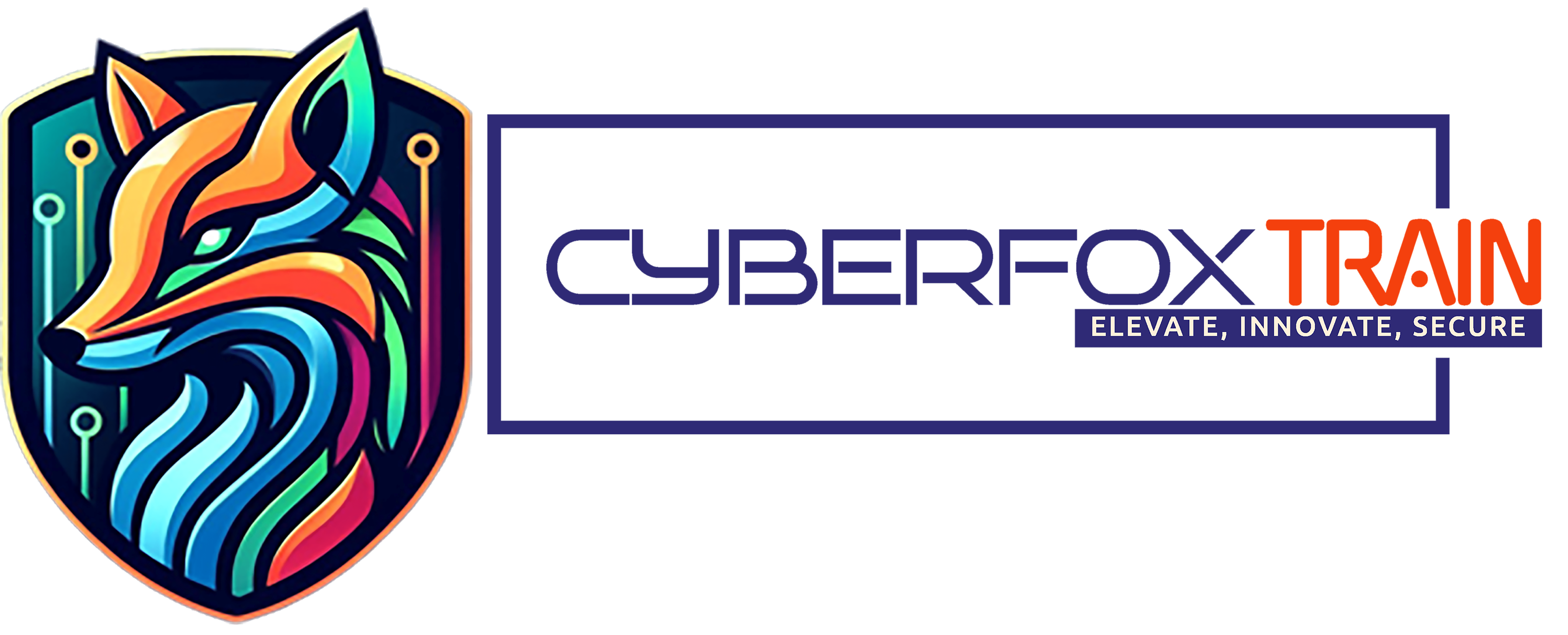
Overview
Data Science for Business Professionals (DSBIZ) offers business professionals with the necessary knowledge to help make decisions and drive organizational data strategies by understanding data fundamentals, implementation tactics, and potential effects of data-driven solutions.
Overview:
The ability to identify and respond to changing trends is a hallmark of a successful business. Whether those trends are related to customers and sales, or to regulatory and industry standards, businesses are wise to keep track of the variables that can affect the bottom line. In today’s business landscape, data comes from numerous sources and in diverse forms. By leveraging data science concepts and technologies, businesses can mold all of that raw data into information that facilitates decisions to improve and expand the success of the business.
Benefits of Data Science
The value of data has increased many fold as organizations begin to realize the potential for it to inform their decision making and even predict likely outcomes. What most organizations struggle with is what data to capture, how to engineer it for use, and then apply it to its business challenges. This is leading to the creation of data teams, or at least cross-functional data-focused teams, who know the data needed to derive the insights which will deliver value. This is possible for any organization with the right blend of data-focused knowledge and skills.
Target Student:
This course is designed for business leaders and decision makers, including C-level executives, project managers, HR leaders, Marketing and Sales leaders, and technical sales consultants, who want to increase their knowledge of and familiarity with concepts surrounding data science. Other individuals who want to know more about basic data science concepts are also candidates for this course.
This course is also designed to assist learners in preparing for the CertNexus® DSBIZ™ (Exam DSZ-110) credential.
Prerequisites:
To ensure your success in this course, you should have a working knowledge of general business concepts and practices. You should also have a basic understanding of information technology (IT) resources and systems, including networks, computers, and other digital devices used in an enterprise setting.
Course Content
Lesson 1: Data Science Fundamentals
- Topic A: What is Data Science?
- Data Science
- Analytics
- Descriptive Analytics
- Types of Descriptive Analytics
- Predictive Analytics
- Types of Predictive Analytics
- Prescriptive Analytics
- Types of Prescriptive Analytics
- Related Concepts and Technologies
- Discussing Data Science
- Topic B: Types of Data
- Structured Data
- Unstructured Data
- Semi-Structured Data
- Big Data
- Open and Proprietary Data
- Data Sources
- Discussing Types of Data
- Topic C: The Data Science Lifecycle
- Lifecycle Stages
- Discovery
- Data Preparation
- Model Planning
- Model Building
- Model Implementation
- Communication of Results
- Discussing the Data Science Lifecycle
Lesson 2: Data Science Implementation
- Topic A: Data Acquisition and Preparation
- Data Collection
- Tools for Generating Data
- Tools for Storing Data
- Data Cleaning
- Tools for Data Analysis
- Data Appending
- Discussing Data Acquisition and Preparation
- Topic B: Data Modeling and Visualization
- Data Models
- Types of Data Models
- Model Results and Interpretation
- Data Visualization
- Tools for Data Visualization
- Discussing Data Modeling and Visualization
- Topic C: Data Science Roles
- Data Scientist
- Data Architect
- Statistician
- Database Administrator
- Data Engineer
- Data Analyst
- Machine Learning Engineer
- Other Roles Related to Data Science
- Defining Data Science Roles
Lesson 3: The Impact of Data Science
- Topic A: Benefits of Data Science
- Risk Mitigation
- Fraud Mitigation
- Effects on Business Decision Making
- Identification of New Business Opportunities
- Product Selection and Delivery
- Identification of Target Audience
- Effects on Customer Experience
- Data Quality Improvements
- Discussing the Benefits of Data Science
- Topic B: Challenges of Data Science
- Accuracy Issues
- Cost Issues
- Timeline Issues
- Data Privacy Issues
- Cybersecurity Issues
- Scarcity of Qualified Talent
- No Guaranteed Results
- Quality of Results
- Discussing the Challenges of Data Science
- Topic C: Business Use Cases for Data Science
- Marketing
- Finance
- HR
- Customer Service
- Sales
- Manufacturing
- Healthcare
- Identifying Business Use Cases for Data Science
Copyright 2020 CertNexus. All Rights Reserved
Course Features
- Lecture 0
- Quiz 0
- Duration 2 days
- Skill level All levels
- Language English
- Students 0
- Assessments Yes





